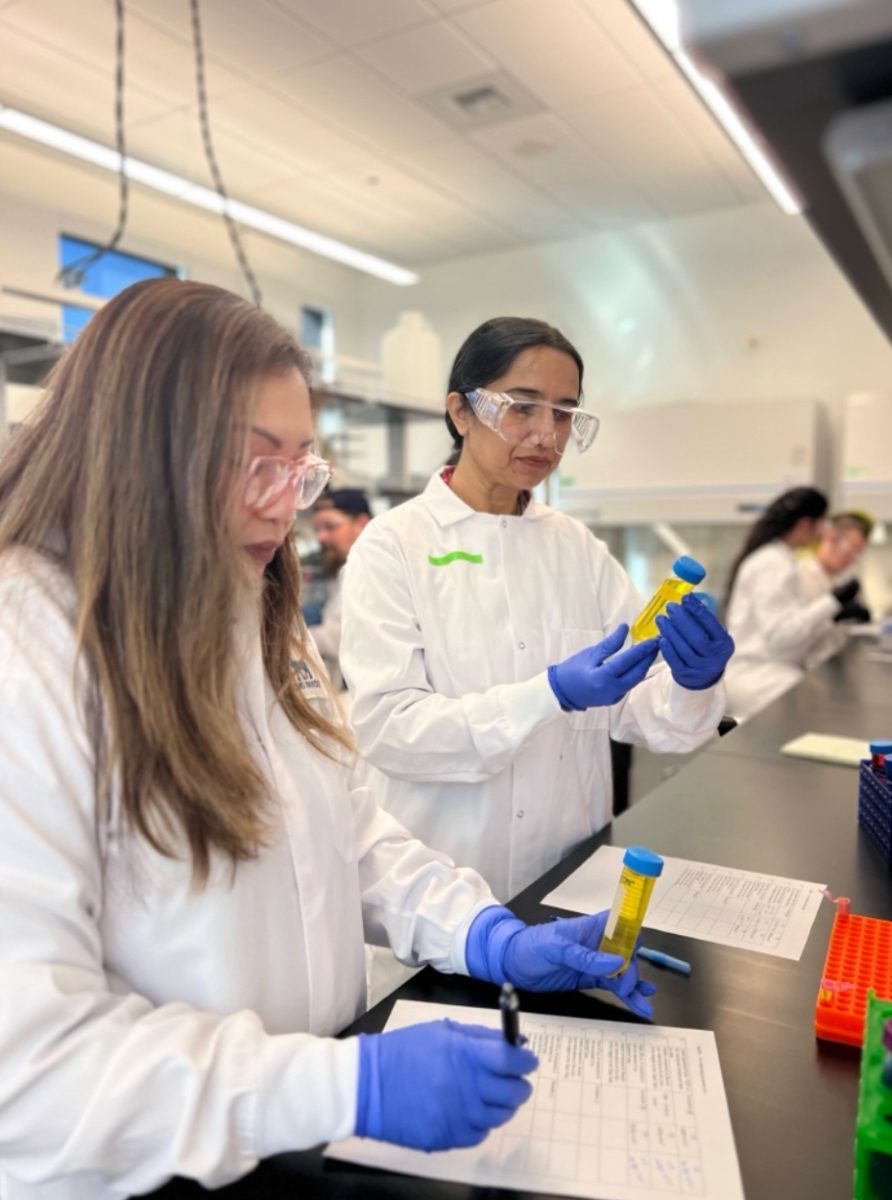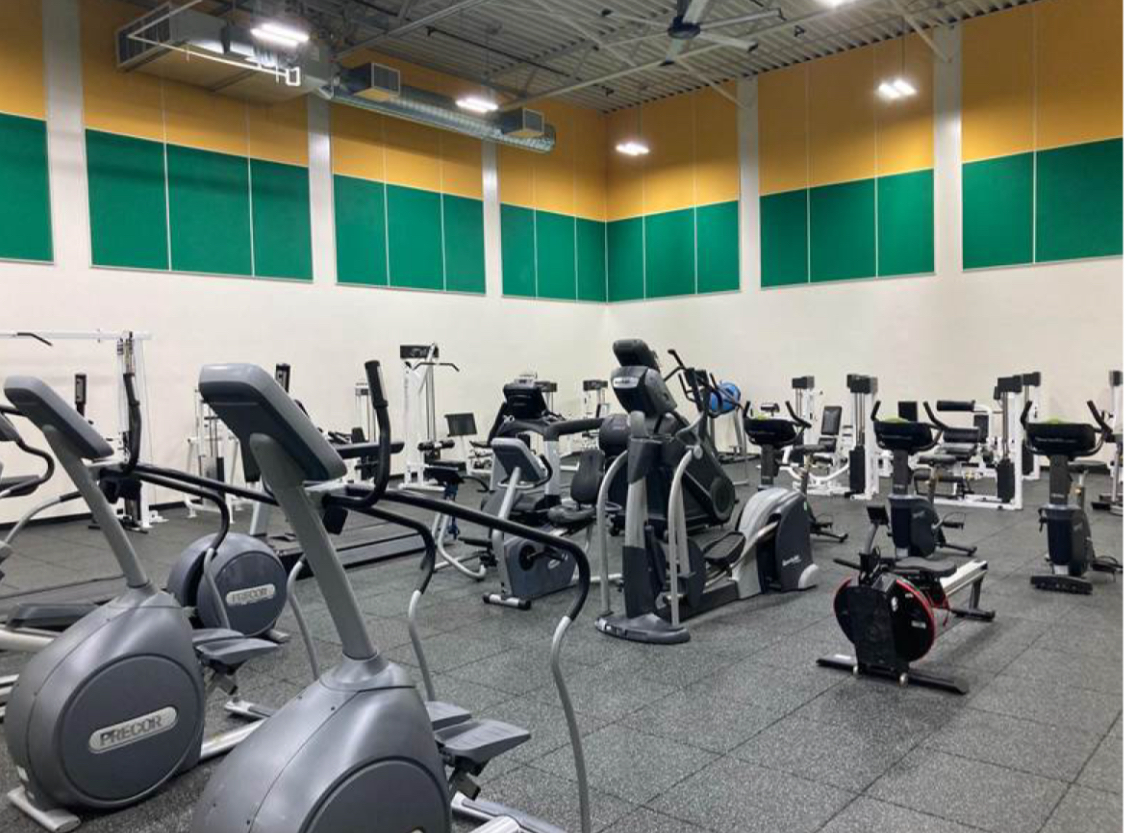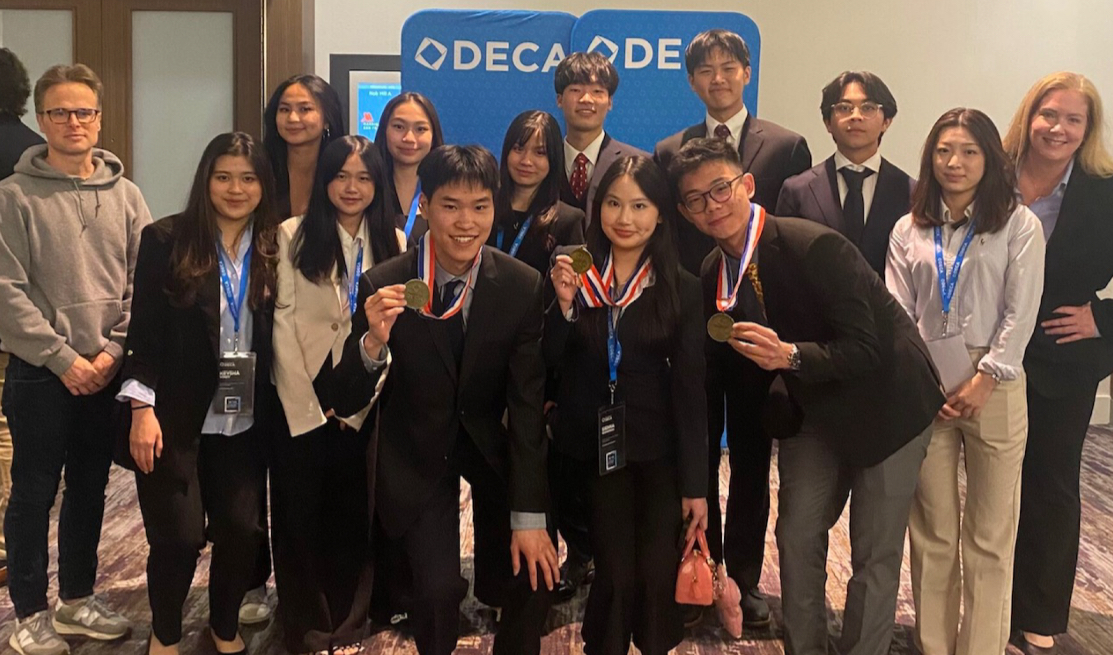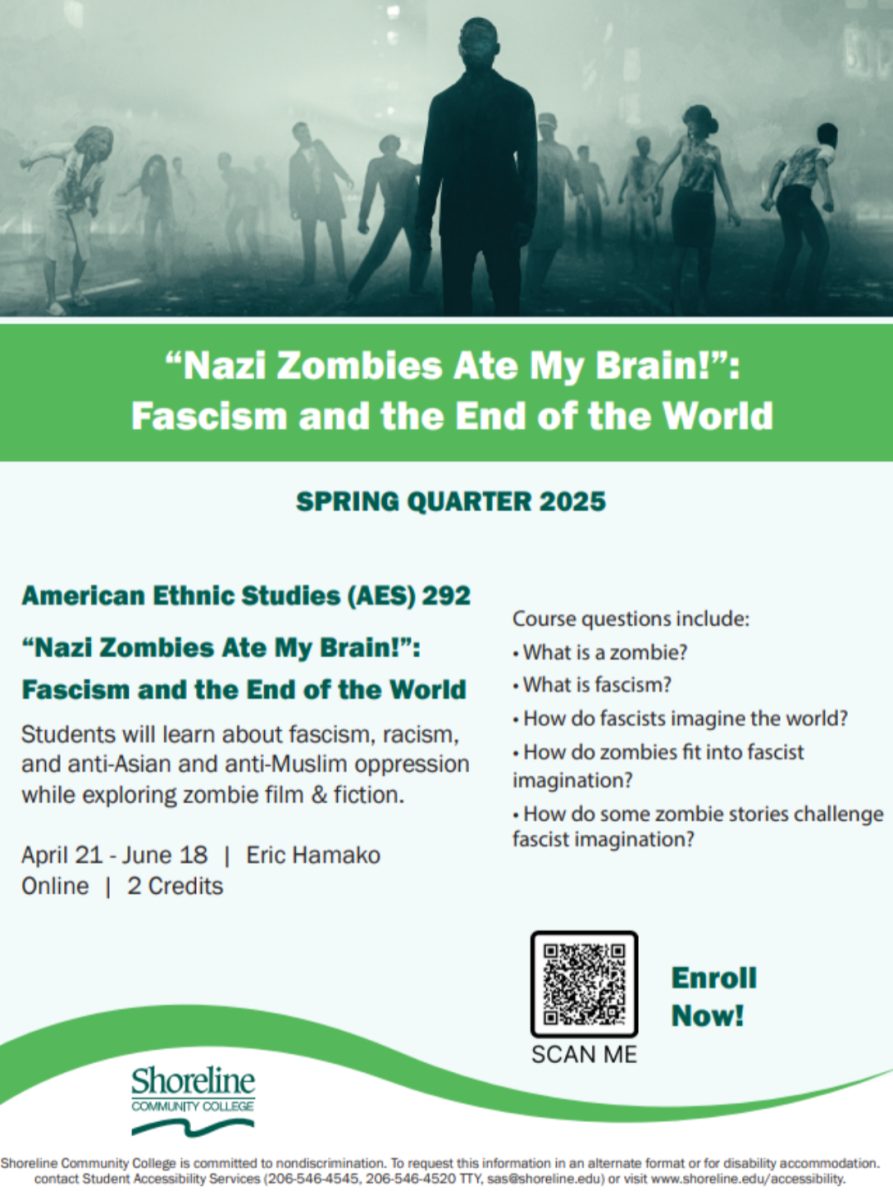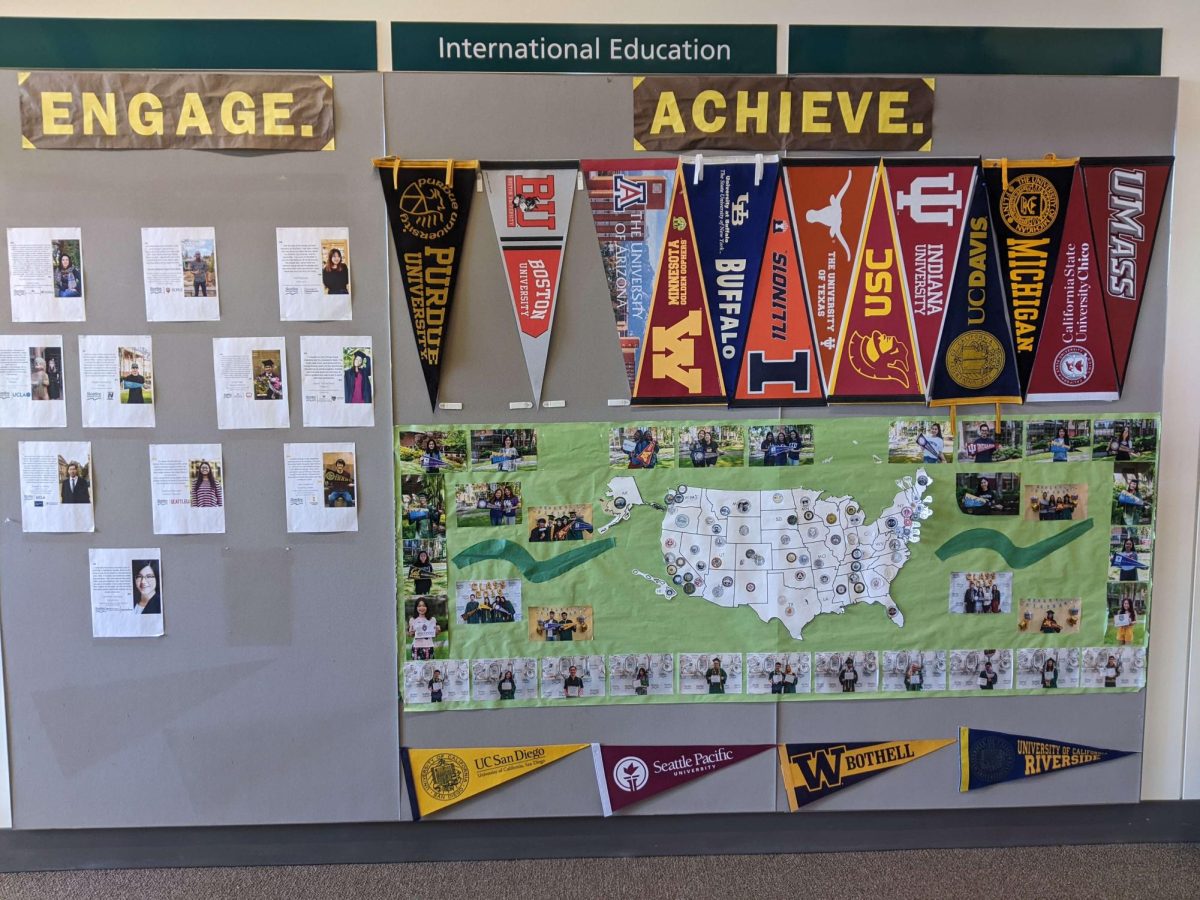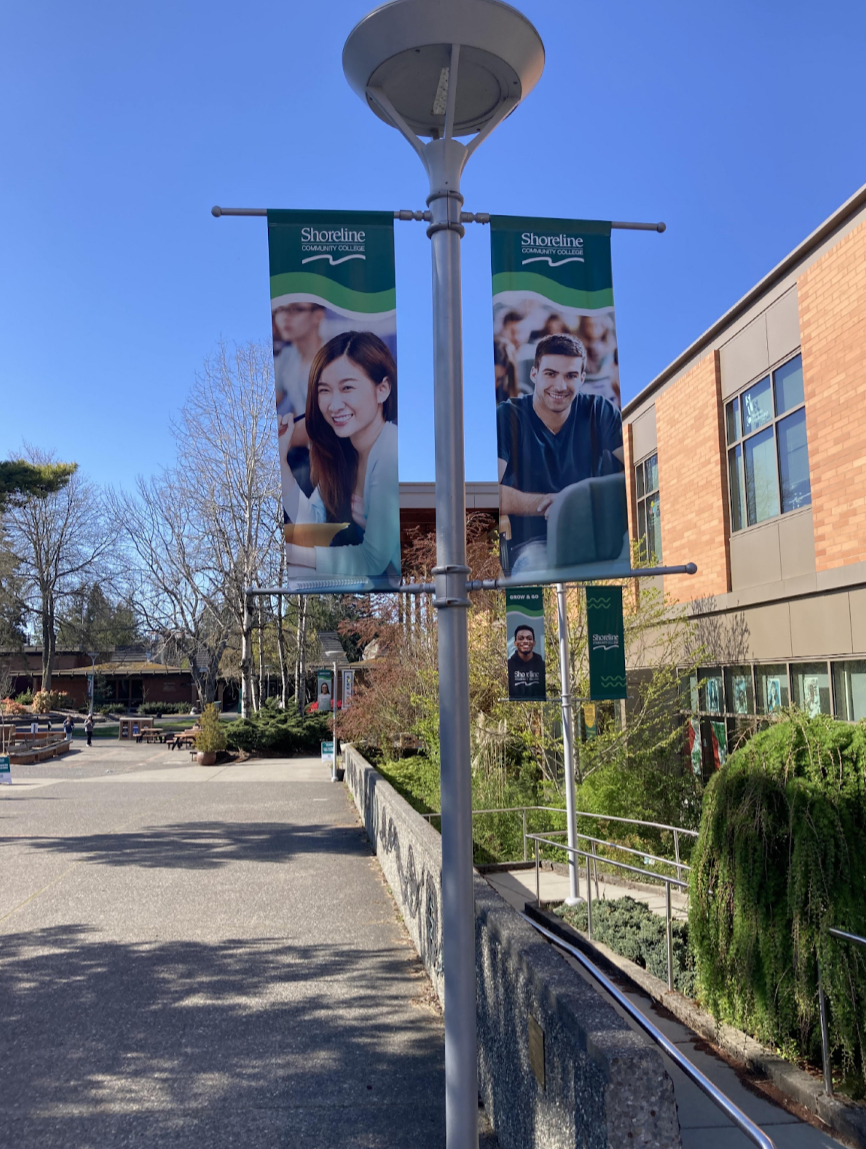Choosing a career path can feel overwhelming — especially if you’re not sure where to start. But what if there was a way to enter a growing, high-demand industry without needing years of schooling or a strong science background?
At Shoreline Community College, the Biomanufacturing Program is making that possible. Designed to be fast, hands-on, and welcoming to all kinds of learners, this one-quarter program prepares students for real-world jobs in the booming biotech field.
Whether you’re a recent high school graduate, someone returning to school after a long break, or a student learning English, this program offers the skills, support, and opportunities you need to launch a career.
Recently, I sat down with the program coordinator to learn more about what makes Shoreline’s Biomanufacturing Program unique and why it could be the perfect fit for students who are ready for something new.
What is Biomanufacturing?
When asked to explain biomanufacturing, the coordinator made it simple: “It’s a way of making useful products, like medicines, vaccines, or food ingredients, using living things like bacteria or yeast, instead of chemicals or machines.”
Basically, it’s about using nature’s tiny workers to make important products in a more sustainable and efficient way.
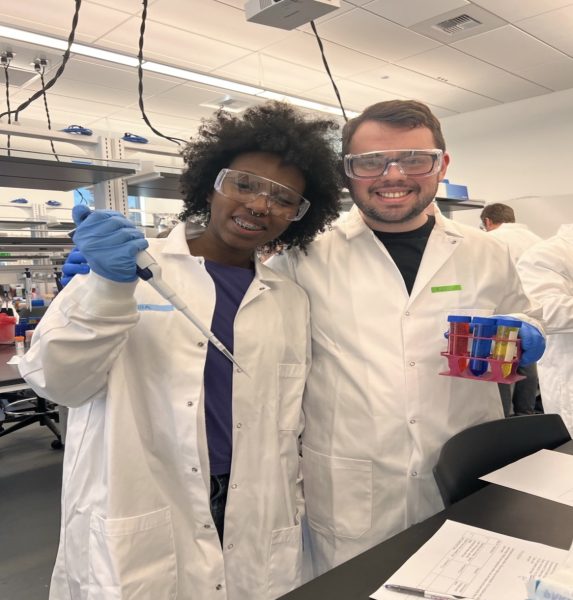
What Will You Learn?
This program focuses on students to get a job. Students learn everything they need to get a job in the biomanufacturing industry, especially in the Puget Sound area where biopharmaceutical companies are growing fast.
Students will get hands-on training on how to deal with living cells, how to keep medicines safe from contamination, and how to check quality at every step. These are real skills for a real job.
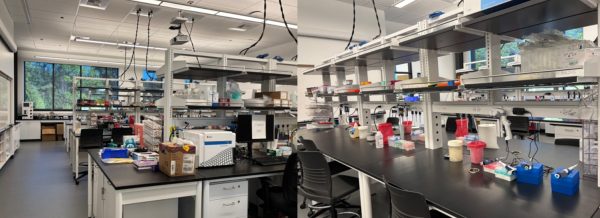
What Kind of Jobs Can You Get?
After completing the program, students can work as bio manufacturing technicians. That could mean helping to make vaccines, supporting cell and gene therapy treatments, or producing protein drugs. Some graduates even work directly with patient cells to help create new therapies for diseases like cancer.
What makes this program stand out?
SCC’s program is the first and only program in Washington state. Even if you’ve never taken a biology class, it’s only a quarter fast and is designed to be open to anyone. There are no preconditions, and in some cases, students may receive free tuition and paid internships. This is a path straight into a growing industry without years of schooling.
Support for All Students
Worried about coming back to school after a break, or studying in English as your second language? You’re not alone — and Shoreline’s program is built with that in mind.
Thanks to the iBEST model, students have an extra instructor in class who focuses on helping with English, reading, writing, and even math. So even if you’re new to biology or a little nervous about studying in English, there’s support built right in. So, we don’t have enough for every student usually, but we are building our industry partners so that we have more.
Lots of Hands-On Learning and Internship Opportunities
There are opportunities for students to apply for paid internships. And these internships are with companies that partner specifically with Shoreline. And so they have internship positions that are only open to students in our program. So it’s not like open to anybody but it’s specifically for students at Shoreline. And they’re about usually a 10 to 12 paid internship once you finish your classes. The program isn’t just lectures and textbooks — it’s a lot of hands-on practice too.
Students spend time in the biomanufacturing labs learning to use the same equipment they’ll see on the job.
And while not every student gets an internship (yet), the program is building strong partnerships with big companies like Pfizer, Bristol-Myers Squibb (BMS), and Sana Biotech, offering paid internships just for Shoreline students.
Curious but Not Sure? Here’s What You Can Do.
If you’re interested but not sure if it’s the right fit, the coordinator encourages students to check out an info on Zoom
In addition, on the upcoming 60th anniversary Event of SCC, the lab-6119 and lab-6117 on the first floor of the CEDER building will conduct an interesting experiment on students to extract DNA from strawberries. It will be an opportunity for everyone to participate in the experiment yourself. At the same time, if you are interested in biotechnology at the same time, it could be an opportunity to do interesting research and tour the lab.


